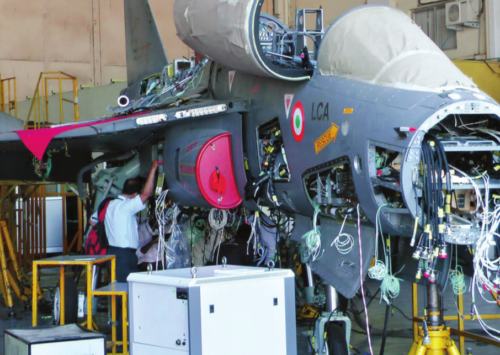Airport processes given boost by IATA in India
The International Air Transport Association (IATA) and Bangalore International Airport Limited entered into a first of its kind Memorandum of Understanding (MoU) last week to promote cooperation in various sectors of operations in the airport.
The MoU signed by Conrad Clifford, IATA’s Regional Vice President for Asia Pacific, and Hari Marar, BIAL’s President for Airport Operations came on the sidelines of an industry event in New Delhi. It was the first MoU to be signed between IATA and an Indian airport authority.
As part of the deal, concepts and trials of technologies would be tested at the Bangalore International airport, which is called the Kempegowda International Airport, serving Bengaluru, the capital of the southern Indian state of Karnataka. This airport is looked after by BIAL, a public-private partnership that owns and operates it.
“This will place Bangalore International Airport in the forefront of airport operations. These trials will ensure that global best practice solutions can be appropriately adapted to the Indian environment, and will provide guidance for rolling out the implementation to other Indian airports,” said Clifford.
The IATA Fast Travel initiative, that aims at providing self-service options to travellers and also reduces costs for the industry is one among the few steps being considered by the MoU. Passenger Facilitation program, with a primary focus on security, border protection, immigration and customs as crucial areas is also among the initiatives being considered as part of the MoU.
Need for innovation and efficiency in Indian airports
Highlighting the rising need for efficiency in the civil aviation sector in India due to growing demand, Clifford asserted “India’s passenger traffic is forecasted to exceed 400 million passengers, more than double of what is today. The industry will support 19 million jobs and contribute USD 172 billion to India’s GDP. But for this potential to become reality, India’s airports need to have the necessary infrastructural capacity while implementing efficient processes that embrace the latest technologies.”
“The ultimate beneficiaries of this MoU are the travellers in India, the airlines and the Indian civil aviation in general. We look forward to a similar cooperation with other like-minded airports in India,” said Clifford, outlining the importance of the first of its kind initiative of the international body with an Indian airport.













